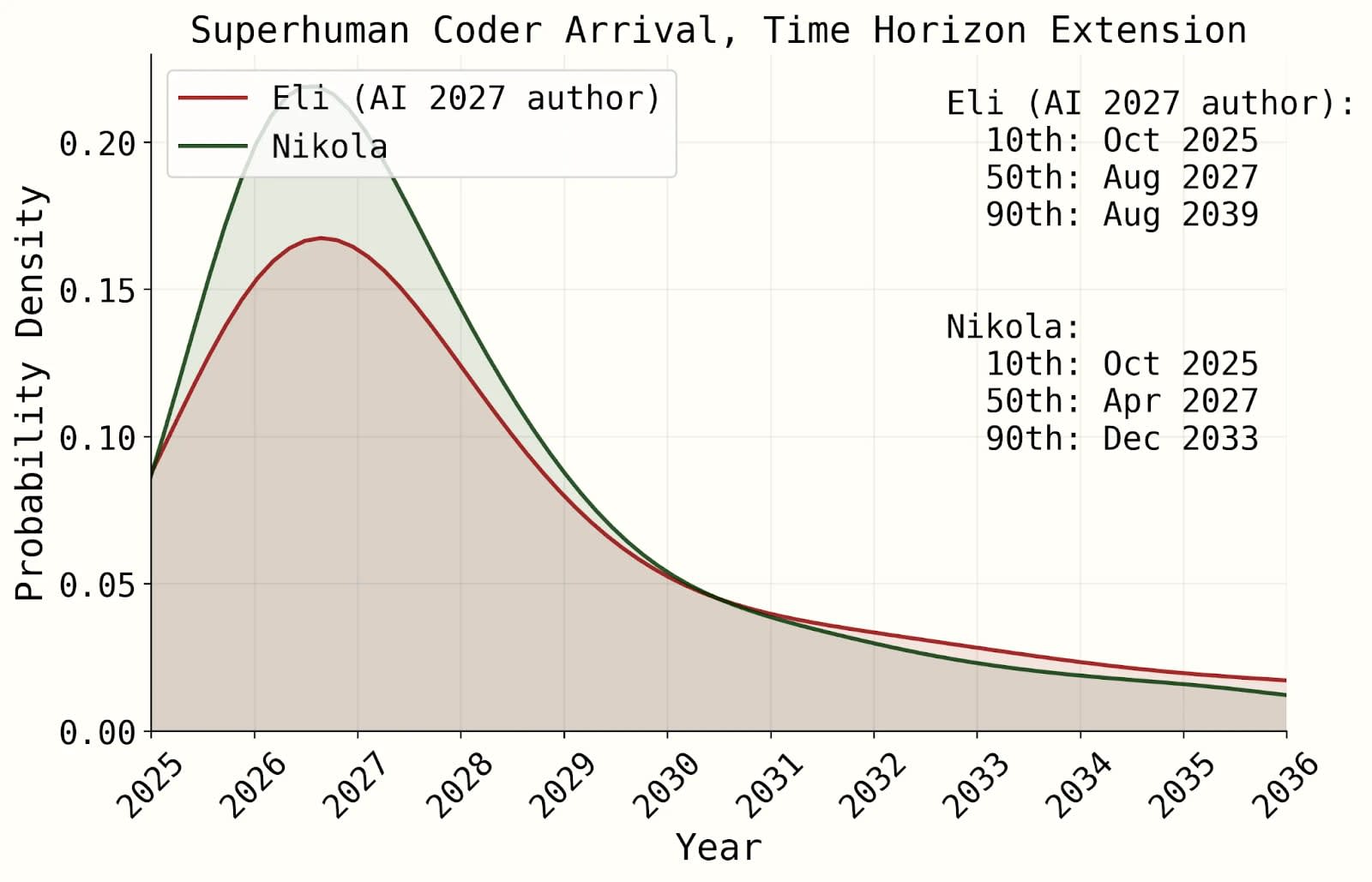I had an idea for a potential way for EA to gain more prominence among people who are likely to be productive in the movement. I do high school debate and in high school debate, debaters go very deep into literature around arguments that are useful in debates. For example, baudrillard is pretty obscure, yet debaters go incredibly in depth doing hours and hours of research about baudrillard specifically. The current debate topic in the event where there's the most in depth research is "The United States federal government should enact substantial criminal justice reform in one or more of the following areas sentencing, policing, forensics." Given debates obsession with branches of literature that are relevant to topics, and cjr being an aim of the EA movement, it seems like this would be a promising area for EA to gain traction. This has already happened to some degree with the long termist EA arguments. Bostroms arguments about prioritizing existential threats, along with Pummer and others are ubiquitous in debate. If some EA's focused on making literature about criminal justice reforms that could help increase our popularity. There are a few specific areas that I thought of
1 writing about specific proposals that are desirable for the federal government specifically to enact. This would cause debaters to frequently cite potential proposals from EA's.
2 Writing about why reform is important. One prominent argument on this topic is that we shouldn't reform the system, we should only opt for abolition. EA could take a stance against this position and gain popularity, especially if there was really good evidence that provided overwhelming empirics about the effectiveness of reform. Or conversely, if the concensus of empirical literature is that abolition is better than reform, EA's writing about abolition being desirable could be effective in terms of being used in debates.
3 arguments about the political impacts of criminal justice reform and how that could effect existential threats. Given the very broad topic debaters often prepare generics that apply to most affs, and go incredibly in depth on those. Some of the most common generics involve arguments over the political or electoral impact of criminal justice reform. To the extent that anyone writes about this it will likely be read many times in debate.
THroughout these three areas it will be important to mention other EA ideas. Articles should potentially provide information about these things while referencing other EA ideas. This could potentially have a positive impact. I found out about EA through debate, and many debaters very vaguely know about EA. Debaters would potentially be very influenced by EA ideas. In debate, utilitarianism is almost universally accepted to be the framework to be used for determining what should be done. A group of educated young utilitarians seem like a promising field for EA to expand into. What do you all think?
Have there been any efforts from EAs to look into increasing the speed of space colonization. It seems potentially desirable in terms of serving as a bullwark against existential threats.
Here's an EA Global talk on the subject. I find it uncompelling. It's extraordinarily expensive, and does little to protect against the X-risks I'm most concerned about, namely AI risk and engineered pandemics.
I recently did a debate with a critic of effective altruism. It got reasonable reception so far, so for those who think that this is a useful ea activity, feel free to give it a share.



I recently did a debate with a critic of effective altruism. It got reasonable reception so far, so for those who think that this is a useful ea activity, feel free to give it a share.